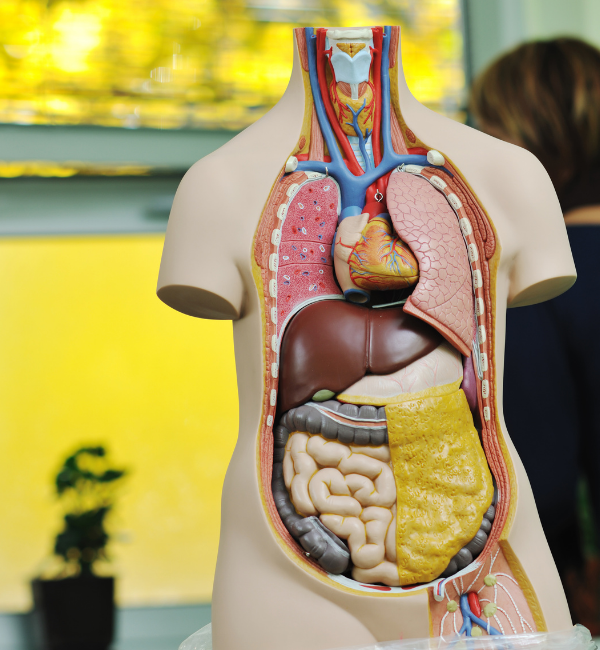Supertasters


This activity is a good demonstration of genetic differences (about 70% of those tested should be able to taste it).
What You Need
- PTC strips
- Tweezers - to help separate strips
- Mints
- Bowl - to dispose used strips into
- Poster or chart - for participants to track their results
- Stickers
Guide:
Safety Notes
This experiment is very common and often done in classrooms and other events to demonstrate genetics. PTC, like many chemicals, would be toxic at very high doses (i.e. salt is also toxic at high doses but the amount on the strip is very minimal and is safe, although can obviously taste bad for super tasters). There has not been a single report of toxicity arising from PTC taste testing which has been used on tens of millions of individuals worldwide.
Try to handle the taste test papers as little as possible before use you may want to be the one handing them out. Once any taste has been detected, immediately remove the test paper and discard it - do not reuse any papers!
What To Do
- Have each person take a strip and place it on their tongue.
- If the person is a "taster" or "supertaster" offer them a mint!
- Have them put a sticker up on the poster to indicate if they are a "taster" or "non-taster".
Discovery
PTC Taste Test Strips - PTC (phenylthiocarbamide) is a chemical that mimics the same compounds as those found in cruciferous vegetables broccoli, cabbage, brussel sprouts, cauliflower - it is a good indicator of whether someone is a "super taster" or not. A supertaster is someone who reacts strongly to these tastes.
There is a single gene which codes for a protein found in our tongues. PTC will bind with the protein if it present and a person will taste it. If the protein is not present, PTC will not bind and a person cannot taste it.
What's Happening?
PTC Taste Test Strips - PTC (phenylthiocarbamide) is a chemical that mimics the same compounds as those found in cruciferous vegetables broccoli, cabbage, brussel sprouts, cauliflower - it is a good indicator of whether someone is a "super taster" or not. A supertaster is someone who reacts strongly to these tastes.
There is a single gene which codes for a protein found in our tongues. PTC will bind with the protein if it present and a person will taste it. If the protein is not present, PTC will not bind and a person cannot taste it.